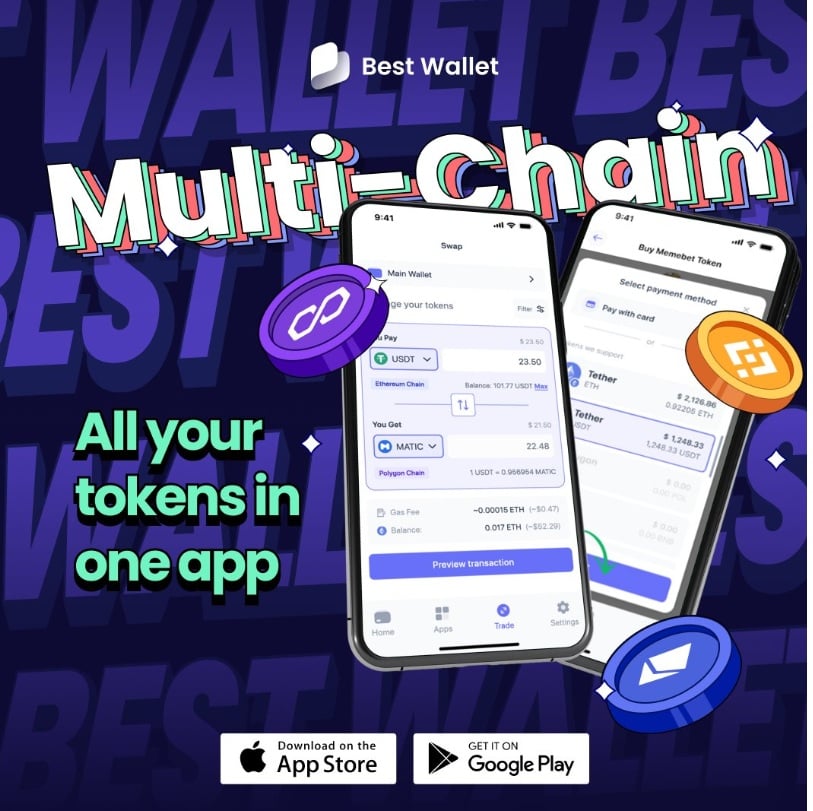Coinbase has started offering something new for people who hold USDC and don’t just want to let it sit in their account. By working with Morpho, a decentralized lending protocol, the exchange is giving customers the option to lend their stablecoins and possibly earn higher returns. It is another sign that Coinbase is trying to bring DeFi products into a format that feels more familiar and easier to use for the average person.
How the Lending Feature Works
Here’s how it works in practice. USDC holders can deposit their coins into vaults that are powered by Morpho. These vaults are managed by outside groups like Steakhouse Financial, who try to balance returns with safety. Once the coins are in the vault, borrowers can tap into the pool. The interest they pay is where the yield comes from.
Right now, the advertised figure is “up to 10.8% APY.” That number can move around. It depends on how much demand there is to borrow, how much liquidity is available, and what the wider crypto market is doing. Withdrawals are possible, but they depend on whether enough liquidity is left in the pool at that moment.
Coinbase is rolling this out slowly. The service is being made available to users in the United States, except in New York. Bermuda is also on the list, along with some countries Coinbase has not yet identified. The cautious rollout shows the company is trying to expand while still being careful about regulations.
What Users Should Keep in Mind
The chance to earn more is attractive, but it is not without risks. These vaults rely on smart contracts, and smart contracts can have bugs or weaknesses. Liquidity is another concern. If too many people try to pull their money out at the same time, delays can happen. Even though borrowers are required to put up collateral, market volatility means defaults are still a possibility.
Custody is also worth pointing out. With this product, Coinbase holds the funds. Users don’t control their own private keys. That trade-off makes things simpler but also means there is an extra layer of counterparty risk tied to Coinbase’s operations and whatever rules it has to follow.
There’s also the matter of compliance. Anyone who wants to use this feature has to go through Coinbase’s know-your-customer (KYC) process. That means handing over personal information and having your identity verified. For some investors this is no big deal. For others, especially those who prefer the anonymity of direct DeFi lending, it may feel like a compromise.
Other Earning Options in Crypto
This Morpho lending option gives Coinbase users a new way to earn on their stablecoins, but it is not the only option out there. Proof-of-stake networks let people stake coins and earn rewards, sometimes at rates that are just as high, if not higher, than 10.8 percent.
Another advantage of staking is that it does not depend on phased rollouts. People almost anywhere in the world can take part, which makes it an appealing alternative for those outside the regions where Coinbase has launched its new product.
Balancing Yield With Control
Coinbase’s Morpho integration gives users a way to earn more on their USDC, but the trade-offs are clear. There are risks tied to smart contracts, the need for KYC, and the fact that custody sits with Coinbase instead of the user.
For people who want to grow their holdings without giving up control, it makes sense to look at alternatives that keep self-custody front and center. That is where Best Wallet comes in. A no-KYC, multichain wallet, Best Wallet provides an additional level of privacy and security that centralized platforms like Coinbase cannot offer.

Its self-custodial architecture delivers full financial freedom, ensuring that no one except users have access to their private keys, while its adoption of Fireblocks offers a mix of accessibility and protection, giving users peace of mind amid mounting CEX-targeted attacks. Fireblocks, for example, insures all assets stored inside the wallet and ensures that users don’t need to rely on passphrases to gain access to their funds.
Best Wallet’s security-first design is complemented by its no-KYC model, eliminating the risks of data leaks common with centralized exchanges like Coinbase. Basically, it offers a way for users to manage and grow their cryptocurrencies without undergoing any identity verification procedures.
What also sets Best Wallet apart from most competitors is its multichain functionality, meaning users are not limited to the tokens that run on a single blockchain, as they are with DEXes. The current plan is to onboard over 60 different chains. However, since this is a task that cannot be achieved all at once, it is adding one chain at a time through a series of updates.
In August, for example, it introduced support for Solana blockchain, adding it to a multichain lineup that already includes Bitcoin, Ethereum, Base, Polygon, and Binance Smart Chain. What this means is that users can buy thousands of cryptocurrencies across these blockchains without leaving the app.
Furthermore, users can find lucrative staking opportunities, unlock iGaming perks, and even gain access to some of the most promising cryptocurrencies while they are still at their zero stage. Altogether, these standout features have made Best Wallet an ideal option for those looking to earn consistent yields without sacrificing control.
Download Best Wallet
This article has been provided by one of our commercial partners and does not reflect Cryptonomist’s opinion. Please be aware our commercial partners may use affiliate programs to generate revenues through the links on this article.